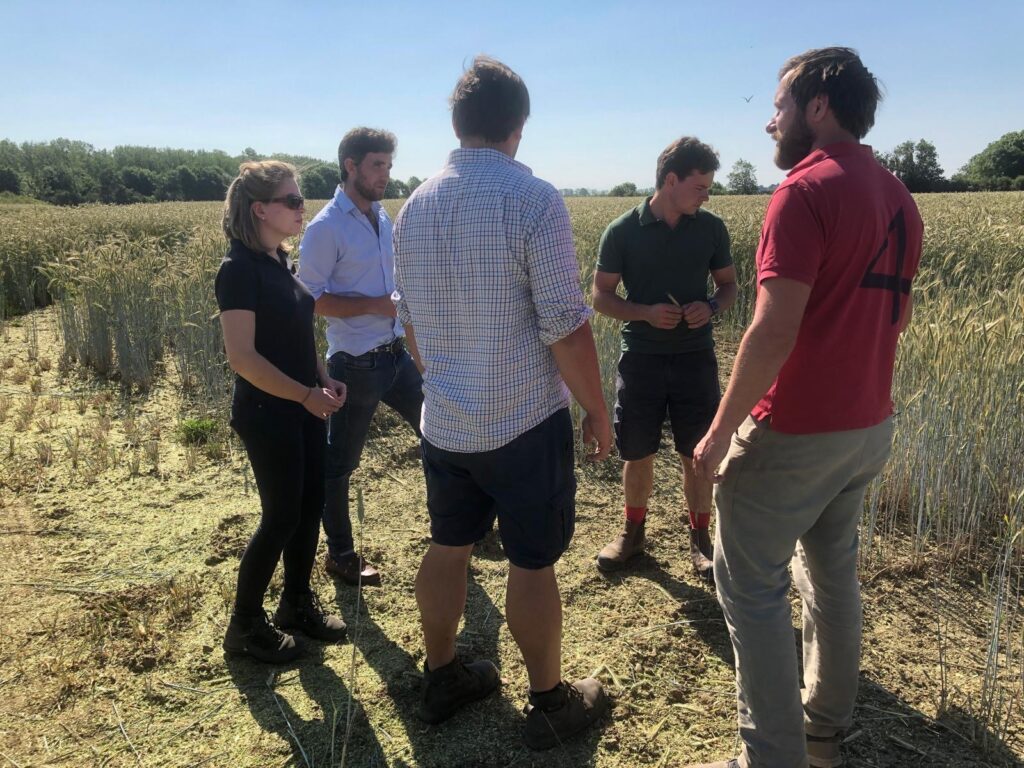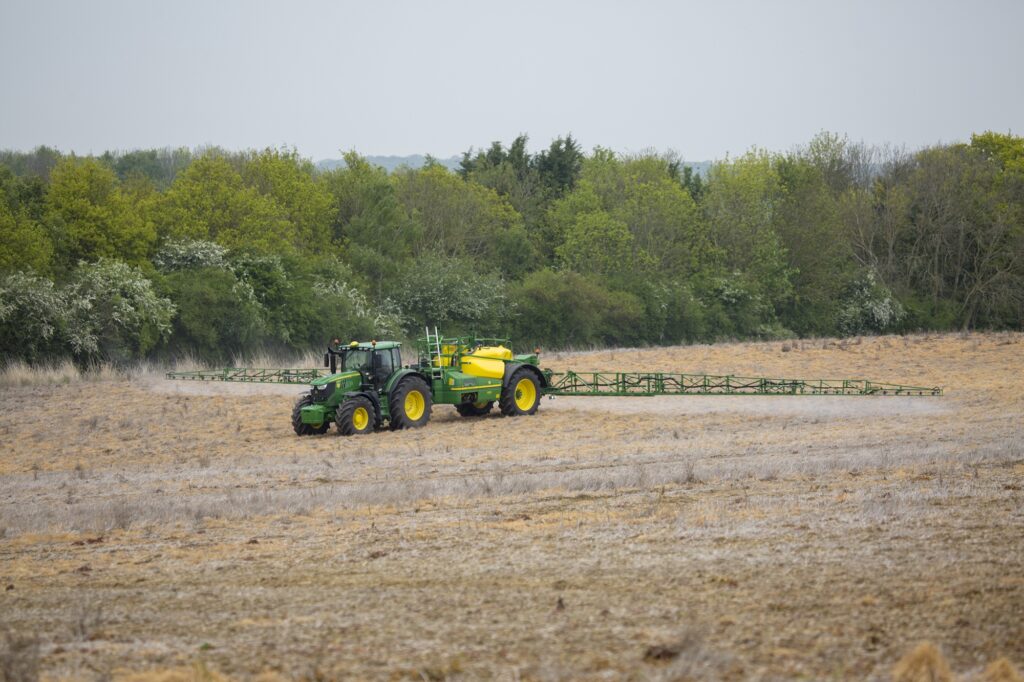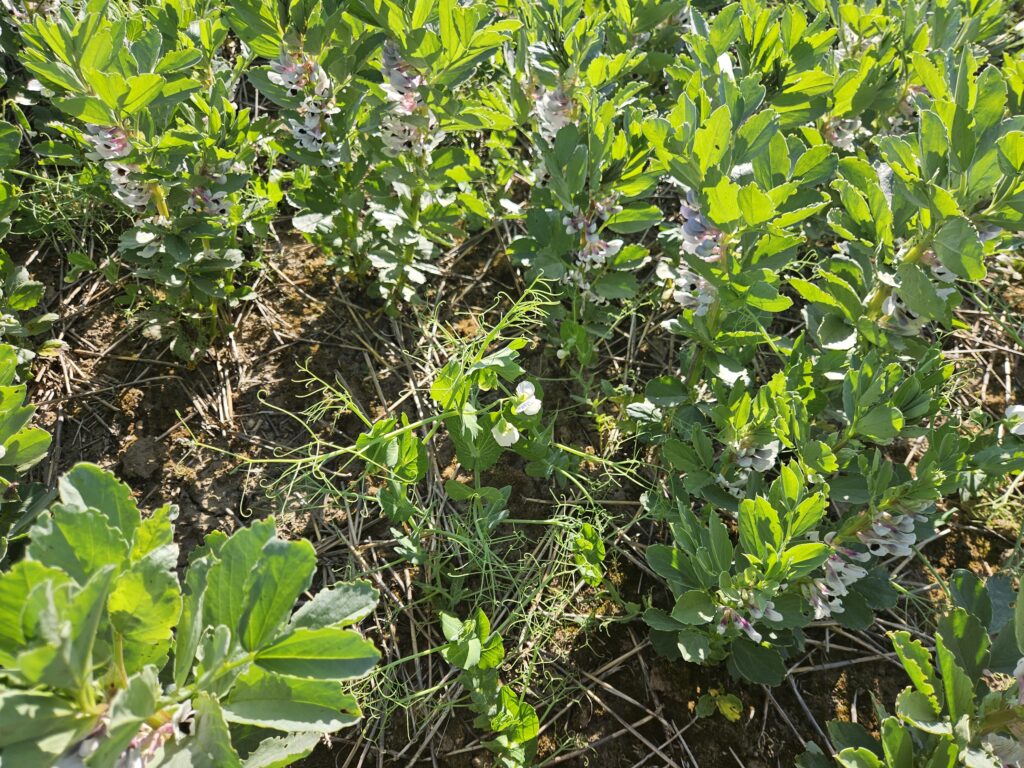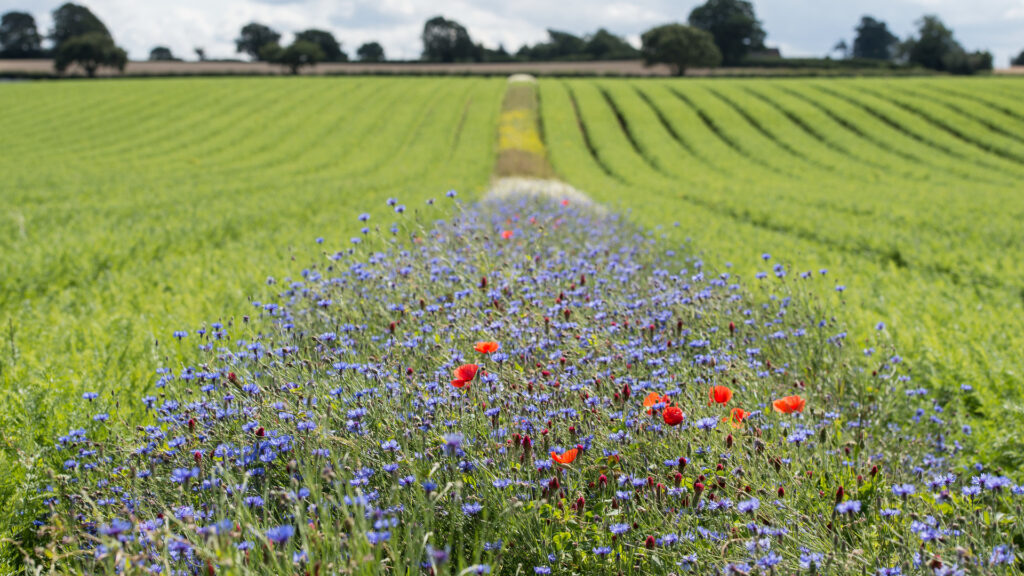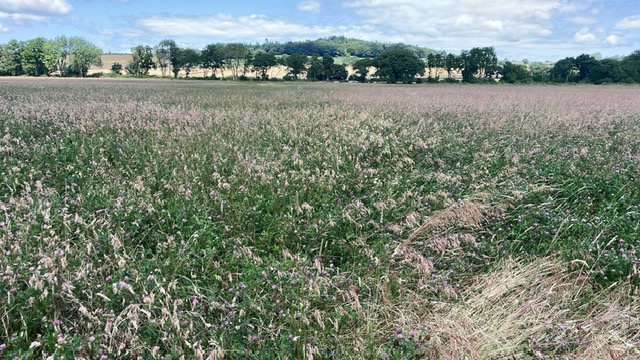Farmer Focus – Tom Martin
Sharing Data, Growing Together: My Experience with AHDB Farmbench Groups “Hey Dad, let’s share all our performance and farm data with our neighbours!” For many farmers, that suggestion would sound like a nightmare rather than an opportunity. Yet, when I look at the farmers I most admire, those who run resilient, profitable, and forward-thinking businesses, …
